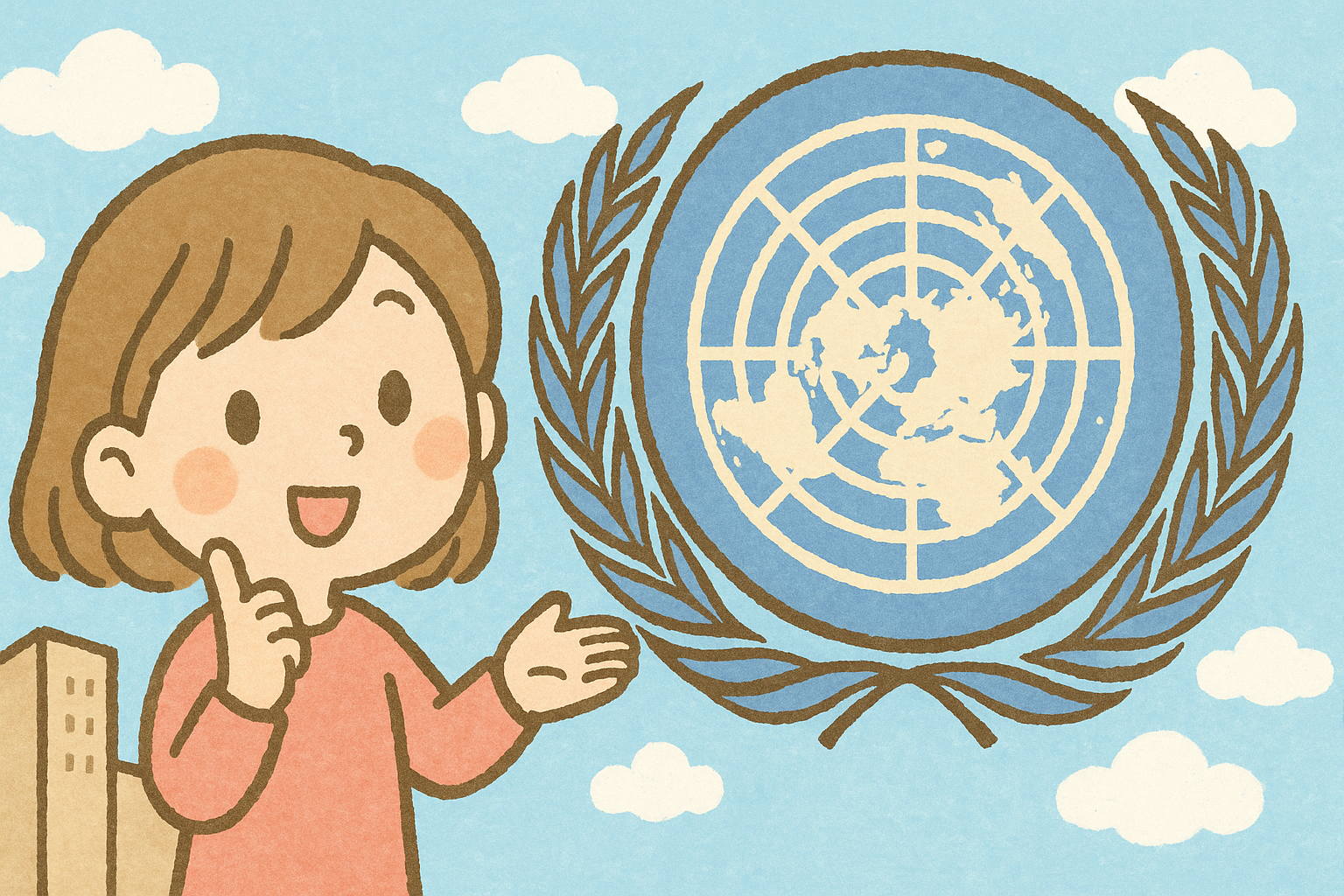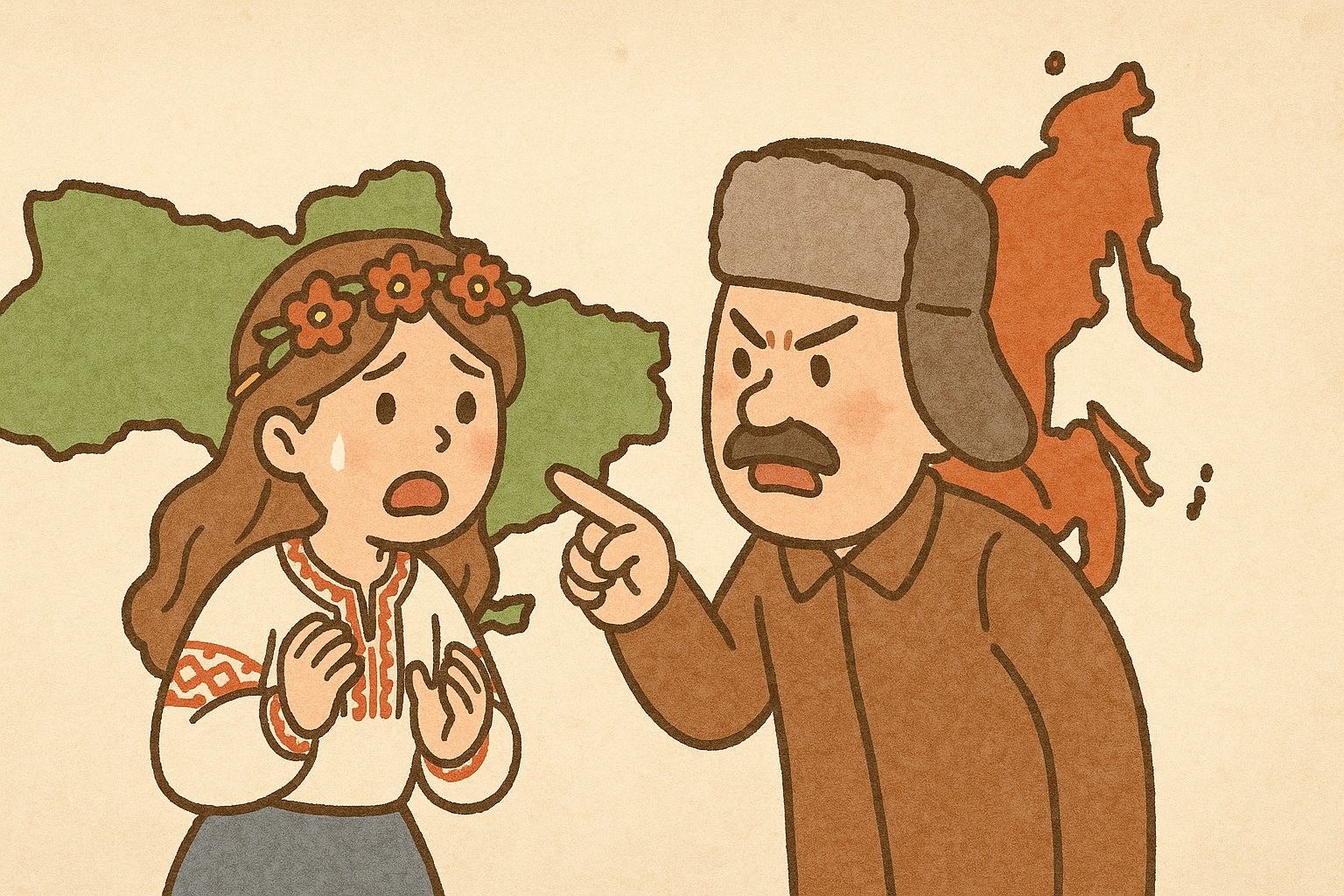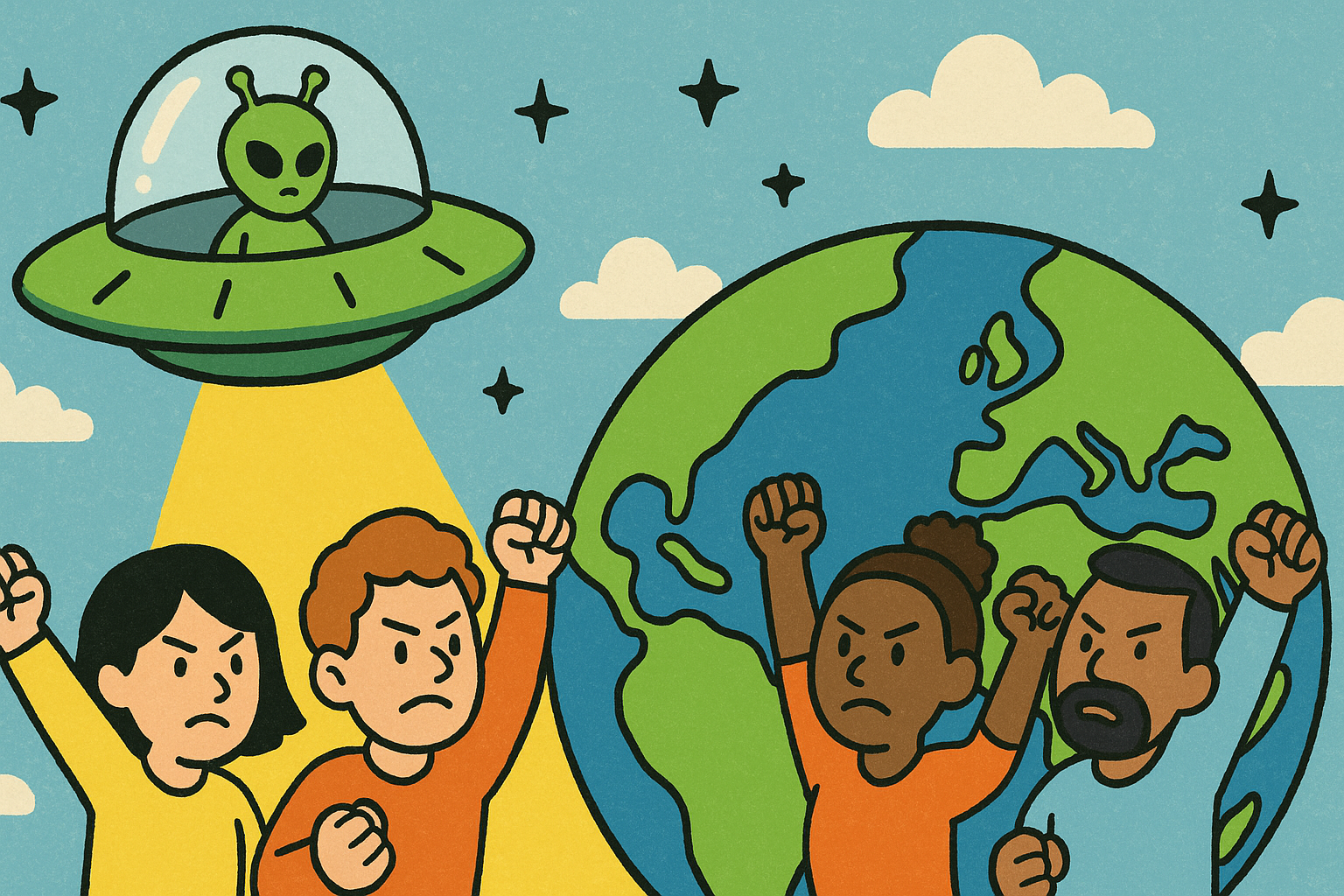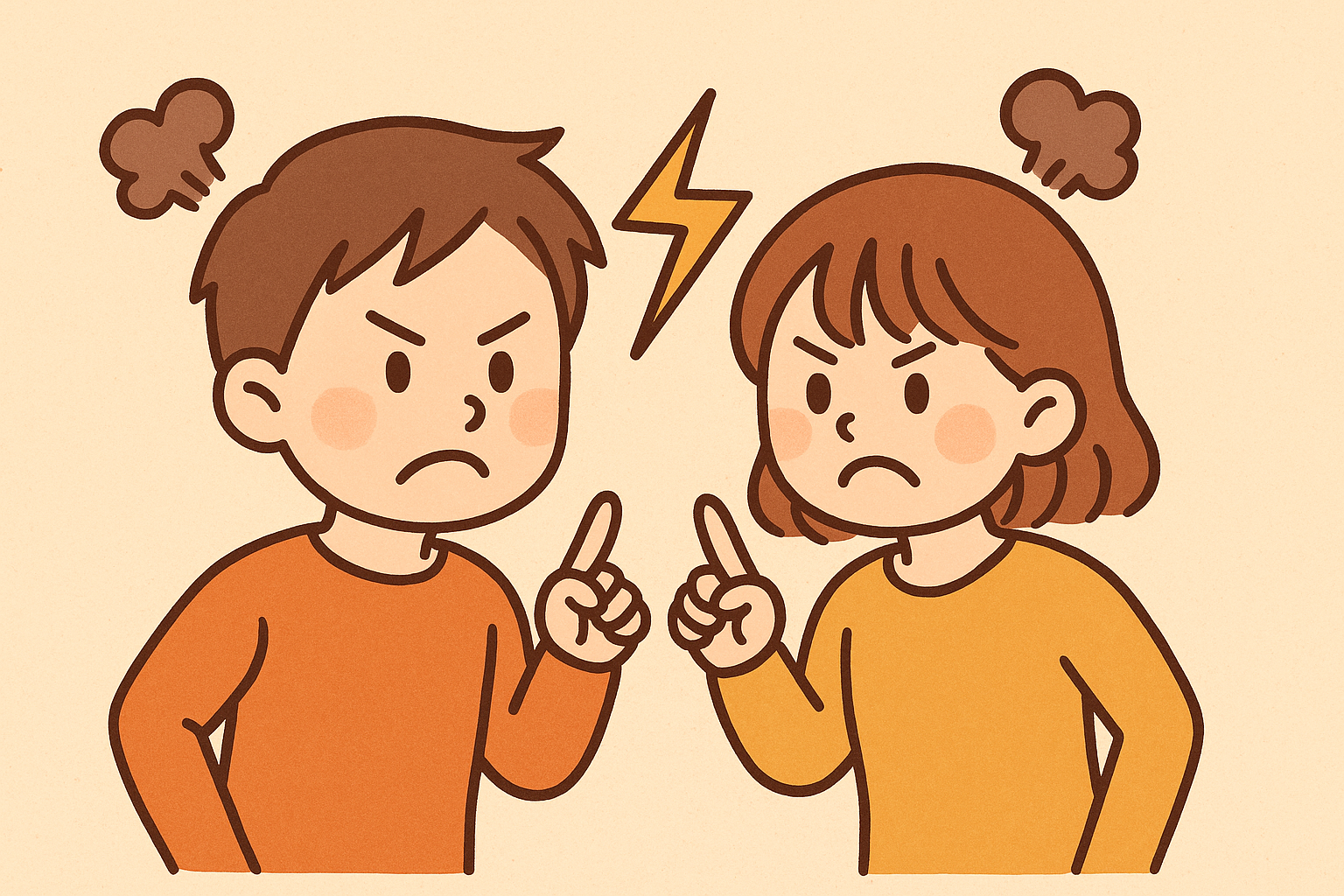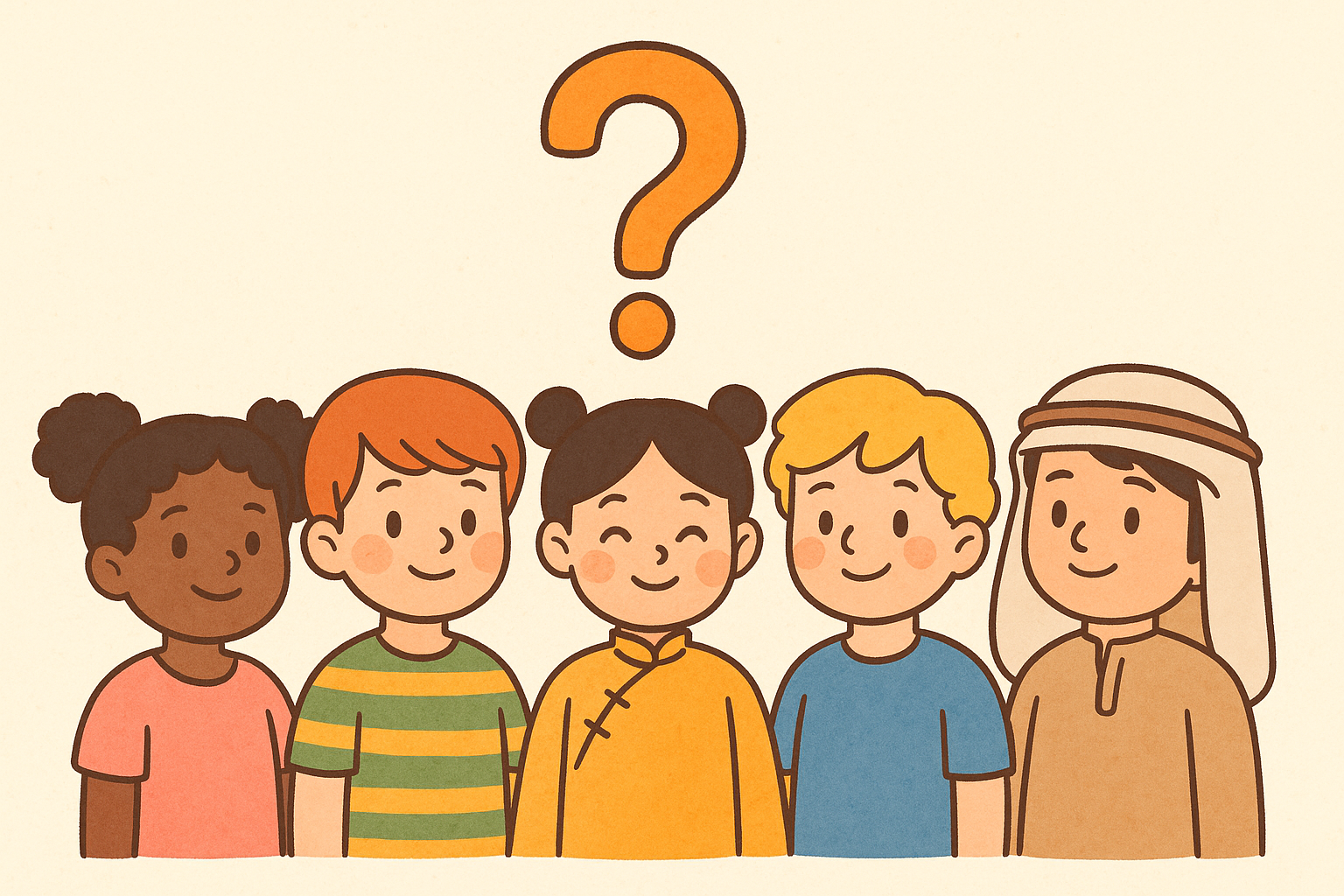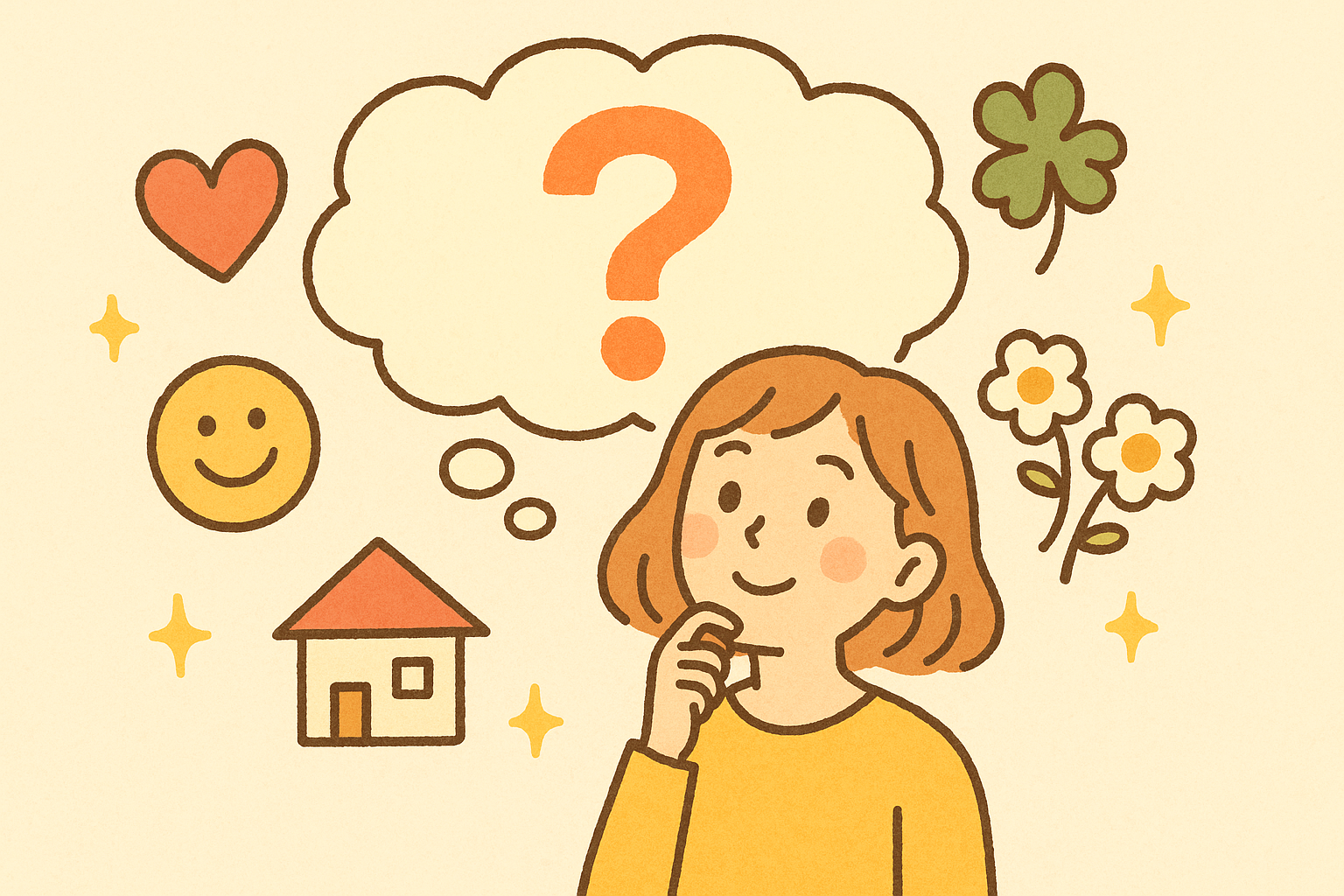What is Inner Conflict? It’s a Battle Between You and Yourself
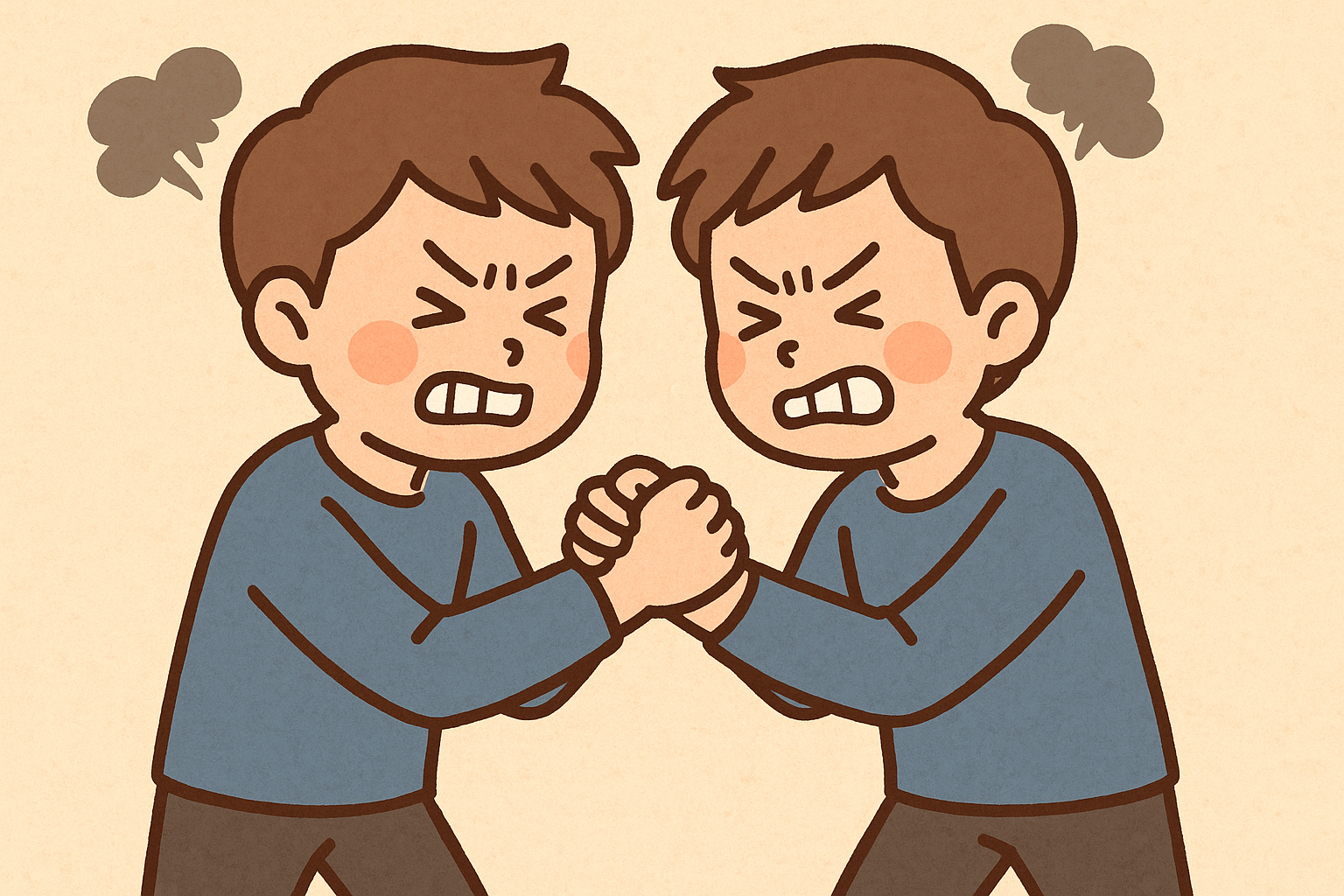
Have you ever heard the word “(inner) conflict”?
For example, when you think, “I should study, but I really want to check my phone…” Or, “I want to apologize, but my pride won’t let me.”
That kind of inner hesitation or emotional struggle—that’s what we call “(inner) conflict.”
But what exactly is conflict?
In this article, let’s explore the meaning of conflict from the perspectives of psychology, peace studies, and philosophy, and think together about how we can face it in our lives.
What Does “(Inner) Conflict” Mean?
“Conflict” is often used to describe wars or disputes between countries or people. But actually, conflict has another important meaning: a struggle that happens within ourselves—a battle between “me and myself.”
Every day, we make many choices:
- Should I study, or play?
- Should I speak my true feelings, or stay silent?
- Should I take on a challenge, or give up?
In making these choices, our different feelings and values sometimes clash within us.
That is what we call conflict—a fight between one version of yourself and another.
Conflict from a Psychological Perspective
In psychology, conflict is described as a state where different parts of yourself are in opposition.
The famous psychologist Sigmund Freud believed the human mind is made up of three parts:
- The id, which represents your basic desires and instincts
- The superego, which represents rules and morals
- The ego, which tries to balance the other two
For example, in class, your id might say, “I want to sleep!”
Your superego says, “But it’s wrong to sleep during class.”
Then your ego might suggest, “Maybe I can rest during break time instead.”
That’s how our mind negotiates with itself.
These different “voices” inside us are all part of who we are.
Because of that, it’s often hard to find a clear answer, and that’s what makes conflict so difficult.
Conflict with Yourself from a Peace Studies View
When we hear the word “conflict,” many people imagine wars or fights between others.
But internal conflict—conflict within ourselves—is also a serious kind of struggle.
Mahatma Gandhi, famous for his philosophy of nonviolence, once said,
“True peace begins in your own heart.”
Instead of acting out of anger or hate, it’s important to face your emotions, understand them, and learn to control them.
In other words, if we want to build a peaceful world, we first need to create peace within ourselves.
What is Conflict in Philosophy?
Philosophy has long asked questions like “What is a human being?” and “How should we live?”
In that context, conflict is often seen as the gap between our ideals and reality.
For example, the Greek philosopher Aristotle said,
“Humans know what they should do—but still fail to do it.”
Even when we understand what’s right, emotions and desires can get in the way.
That too is a form of conflict.
In Buddhist philosophy as well, it is said that “peace comes through fighting the desires and anger within.”
In other words, understanding ourselves and finding harmony within is the path to true happiness.
Fighting Yourself—and Then Making Peace
By now, you probably understand that conflict is a clash between you and yourself.
But that doesn’t mean conflict is a bad thing.
In fact, it’s a valuable chance to ask yourself:
“What do I really want?”
“What is truly important to me?”
For example, if you’re torn between going to college or getting a job, that’s a conflict of your values and hopes.
But carefully thinking through that conflict can help you learn what matters most to you—and that lesson will help you far into the future.
Conflict is an opportunity for growth.
Conclusion: Conflict Is Proof That You’re Alive
Everyone lives with conflict.
It’s born from the fact that we have ideals, emotions, and hopes for the future.
“Conflict isn’t just something that happens with others. It also happens within yourself.”
And when we face those inner battles, overcome them, and sometimes make peace, we slowly become more mature.
If you’re experiencing conflict right now, that’s proof that you’re living your life seriously.
So don’t fear it—see it as a chance to understand yourself better.

